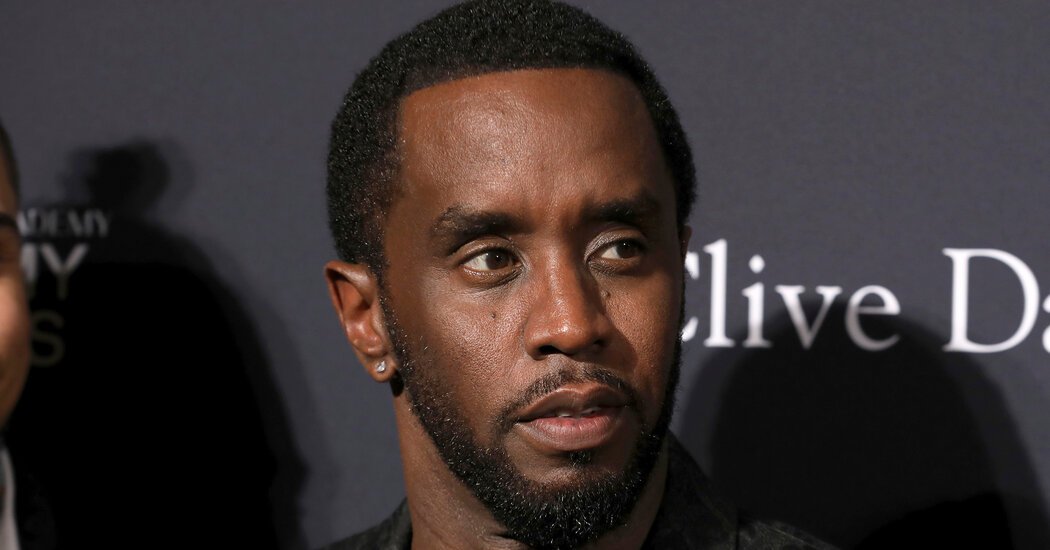Now Reading: U.S. appeals court says Trump can keep collecting tariffs — for now
-
01
U.S. appeals court says Trump can keep collecting tariffs — for now
U.S. appeals court says Trump can keep collecting tariffs — for now

A U.S. federal appeals court on Thursday allowed President Donald Trump to continue collecting tariffs under an emergency powers law for now, as his administration fights an order striking down the bulk of his signature set of economic policies.
The Court of Appeals for the Federal Circuit granted the emergency motion from the Trump administration that argued the pause is “critical for the country’s national security.”
The appeals court temporarily halted the order from a federal trade court issued a day before.
Even before the Court of Appeals for the Federal Circuit stepped in, business owners and the U.S. National Retail Federation had said that without a definitive, final ruling, the trade court decision only created more uncertainty and made it harder to budget and plan.
“The ruling by the U.S. Court of International Trade blocking most of President Trump’s tariffs is just another chapter in this difficult journey toward a clear, consistent and strategic trade policy,” Jonathan Gold, the trade group’s vice-president of supply chain and customs policy, said in an emailed statement.
“We urge rapid resolution as this process continues in the courts.”
Trump, who returned to the Oval Office in January after four years outside the White House, is facing several lawsuits arguing that the “Liberation Day” tariffs exceeded his authority and left the country’s trade policy dependent on his whims.
A U.S trade court blocked some of Donald Trump’s tariffs, ruling he overstepped his authority as the president expressed frustration with a new Wall Street buzzword mocking his erratic trade policies.
Senior Trump administration officials had said they were undeterred by the trade court’s ruling, saying they expected either to prevail on appeal or employ other presidential powers to ensure they go into effect.
“I can assure the American people that the Trump tariff agenda is alive, well, healthy and will be implemented,” said White House trade adviser Peter Navarro, when speaking to reporters at the White House.
Timothy Brightbill, a lawyer who specializes in international trade law and policy, said it was hard to say what would happen next, but it seems likely the country’s top court will end up weighing in on Trump’s tariffs.
“Trade cases almost never go to the Supreme Court, but I think in this case, the issues are obviously significant enough and important enough that, ultimately, this will be decided by the Supreme Court,” he told NBC News on Thursday.
Markets cautiously optimistic
The White House also said the ruling had not interfered with any negotiations with top trading partners that are scheduled in the days ahead. A fourth round of talks with Japan is set for Friday in Washington, and a trade negotiating team from India is headed to the U.S. next week for talks.
Financial markets, which have fluctuated wildly in response to every twist and turn in Trump’s chaotic trade war, reacted with cautious optimism to the trade court ruling, though gains in stocks were largely limited by expectations that the court’s ruling faced a potentially lengthy appeals process.
Indeed, analysts said broad uncertainty remained regarding the future of Trump’s tariffs, which have cost companies more than $34 billion US in lost sales and higher costs, according to a Reuters analysis.

















































